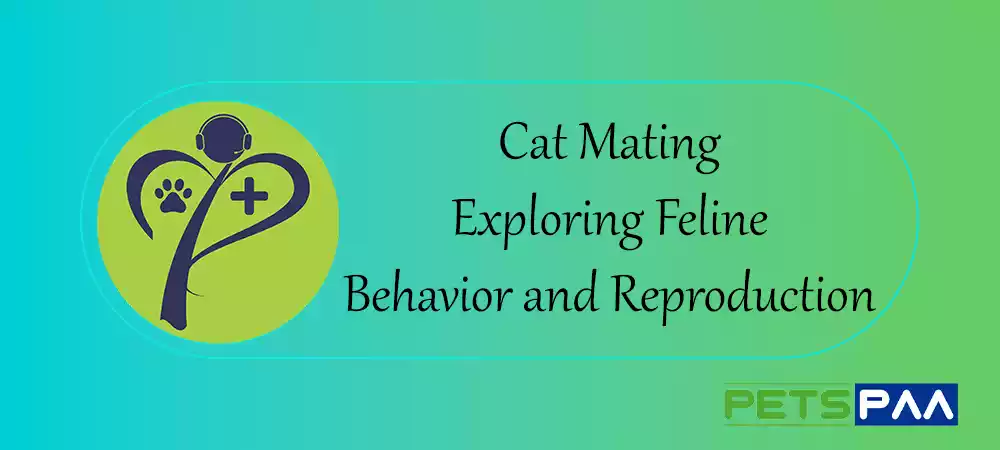Barking is the normal behavior of a dog. It’s how they communicate with their owners and other dogs. Excessive dog barking, on the other hand, maybe a nuisance, and sometimes it became very difficult to understand why dogs bark and how to stop it. In this post, we will look at why dogs bark and offer some practical strategies and ways to reduce excessive barking.
Table of Contents
Introduction
As pet owners, we all love our furry friends, but excessive barking can be a nuisance not just for us, but also for our neighbors. Barking is a natural form of communication for dogs, but excessive barking can indicate underlying behavioral or medical issues.
In this guide, we’ll go through 10 effective ways to quiet a barking dog and help you find a solution that works best for your furry friend.
Why do dogs bark?
Dogs bark for several reasons. It is their way of communicating their needs and emotions with owners or other dogs. We are listing some common reasons why dogs bark:
Reason for Barking | Explanation |
Alerting | Dogs bark to alert their owners of potential danger or to let them know that someone is at the door. |
Anxiety | Dogs may bark when they feel anxious or stressed. |
Boredom | Dogs may bark when they are bored or lack mental and physical stimulation. |
Territorial | Dogs bark to protect their territory or to establish their dominance. |
Attention-seeking | Dogs may bark to attract the attention of their owners. |
Types of barking
Understanding the types of barking may help you identify the reason behind your dog’s excessive barking. Below we are explaining some details about common types of barking:
| Types of barking | Reason |
|---|---|
| Excitement barking | This type of barking occurs when dogs are excited, such as when they see their owners or other dogs. |
| Fear barking | Dogs may bark when they feel afraid or threatened. |
| Aggression barking | This type of barking is often accompanied by growling and snarling and is a sign of aggression. |
| Attention-seeking barking | Dogs may bark to get their owner’s attention. |
How to stop excessive barking
Till now we have understood why dogs bark and the types of dogs bark. Now, you will know the reasons behind excessive barking. So without wasting time let’s discuss how to stop it. Here are some tips to help you manage your dog’s barking:
1. Identify the cause:
Identifying the reason behind your dog’s excessive barking is the first step in stopping it. So it’s important to identify what triggers your dog’s barking behavior. Is it the doorbell, strangers passing by, or other animals? Observe your dog’s behavior and try to determine the root cause. Once you have identified the trigger, you can work towards eliminating or reducing it.
2. Create a calming environment & keep them busy:
Providing your dog with peaceful surroundings that include soothing music, calming scents and a comfortable bed will help reduce their barking behavior.
A bored dog is more likely to bark excessively. Keeping your dog occupied or busy with toys, puzzles, or interactive games can help reduce their barking behavior.

3. Train Your Dog:
Training your dog to obey basic commands like “quiet or speak” can be helpful in controlling their barking behavior. Positive reinforcement tricks like treats and praise can also be used to encourage good behavior.
Teaching your dog the “Quiet” command can help you control their barking. Start by saying “Quiet” when your dog barks and rewarding them when they stop. Repeat this until your dog learns to associate the command with being quiet.
4. Exercise Your Dog:
A healthy and well-behaved dog needs regular exercise on daily basis. Lack of activity can make dogs restless and bored, which may cause excessive barking.
Read More >> 10 Most Common Dog Behavior Problems
5. Provide mental and physical stimulation:
Giving your dog mental and physical stimulation might help to prevent boredom and excessive barking. Take your dog for walks, play games and provide engaging toys to keep them busy. Training, puzzle games and interactive toys can help keep your dog mentally busy and minimize barking habits.
6. Consult a Professional:
If your dog barking behavior is causing a nuisance or problems, it’s time to consult a professional veterinarian. They will help you to identify the underlying cause and the way toward the solution.
If your dog’s barking behavior is caused by an underlying medical condition like anxiety or pain, medical intervention may be required. Consult your veterinarian to explore possible treatment options.

7. Use Anti-Barking Devices:
There are a variety of anti-barking devices available in the market like citronella collars, ultrasonic devices, and vibration collars that can help reduce excessive barking behavior. These devices emit a sound or a scent that deters dogs from barking excessively.
8. Use Positive Reinforcement Techniques:
Positive reinforcement techniques like treats and praise can be useful to encourage good & well-behaved nature in your dog. Reward your dog when they are quiet and calm and ignore them when they bark excessively. Rewarding your dog for quiet behavior can help reinforce the behavior.
Read More >> Top 10 Dog Grooming Tips for Beginners9. Avoid Punishment:
Punishing your dog for excessive barking can make their behavior worst. Instead of punishment, you have to focus on positive reinforcement techniques to encourage them to well behave good behavior.
10. Be Consistent:
Consistency is the key when it comes to modifying your dog’s behavior. Make sure all family members are on the same page and using the same techniques to encourage good behavior.

Conclusion
Dogs bark naturally, but excessive barking may be annoying for both dog owners and their neighbors. You may reduce your dog’s barking habit and create a pleasant environment for both you and your furry friend by understanding why dogs bark, how to address the barking behavior, and applying these 10 effective ways to quiet a barking dog.
Remember, training and consistency are crucial points when it comes to reducing excessive barking problems. If you ever have doubts about your dog barking behavior, don’t hesitate to ask for professional help.
Thank you for having faith in Team PetsPaa!!! If you like this post, please like and share it with others who are in need, as we are working hard to help our pet owners.






